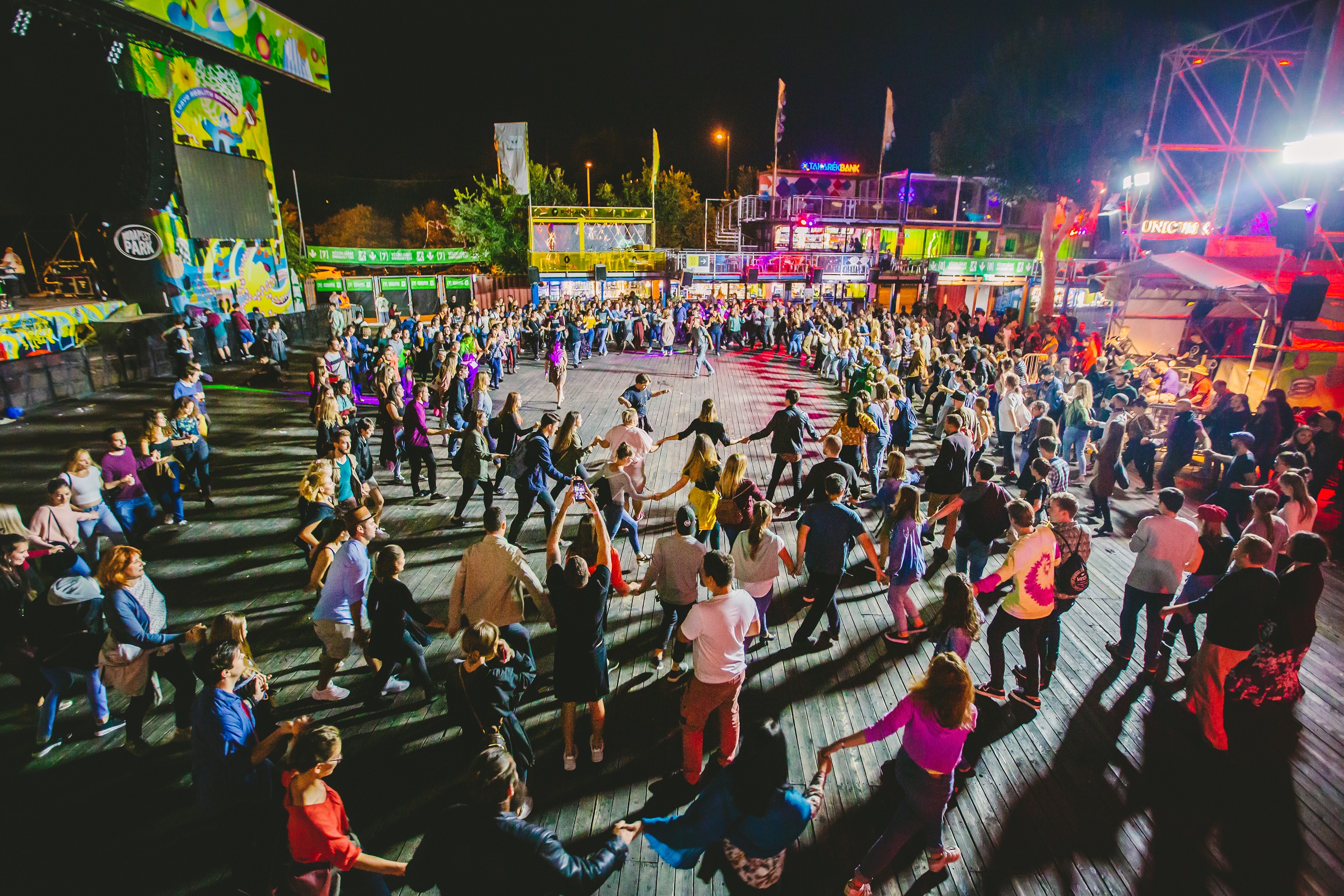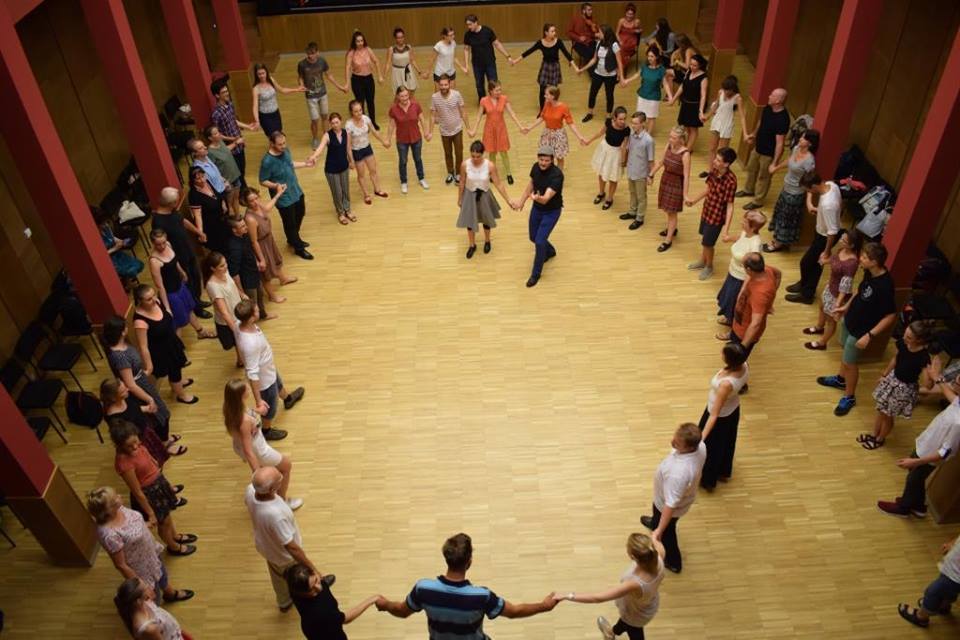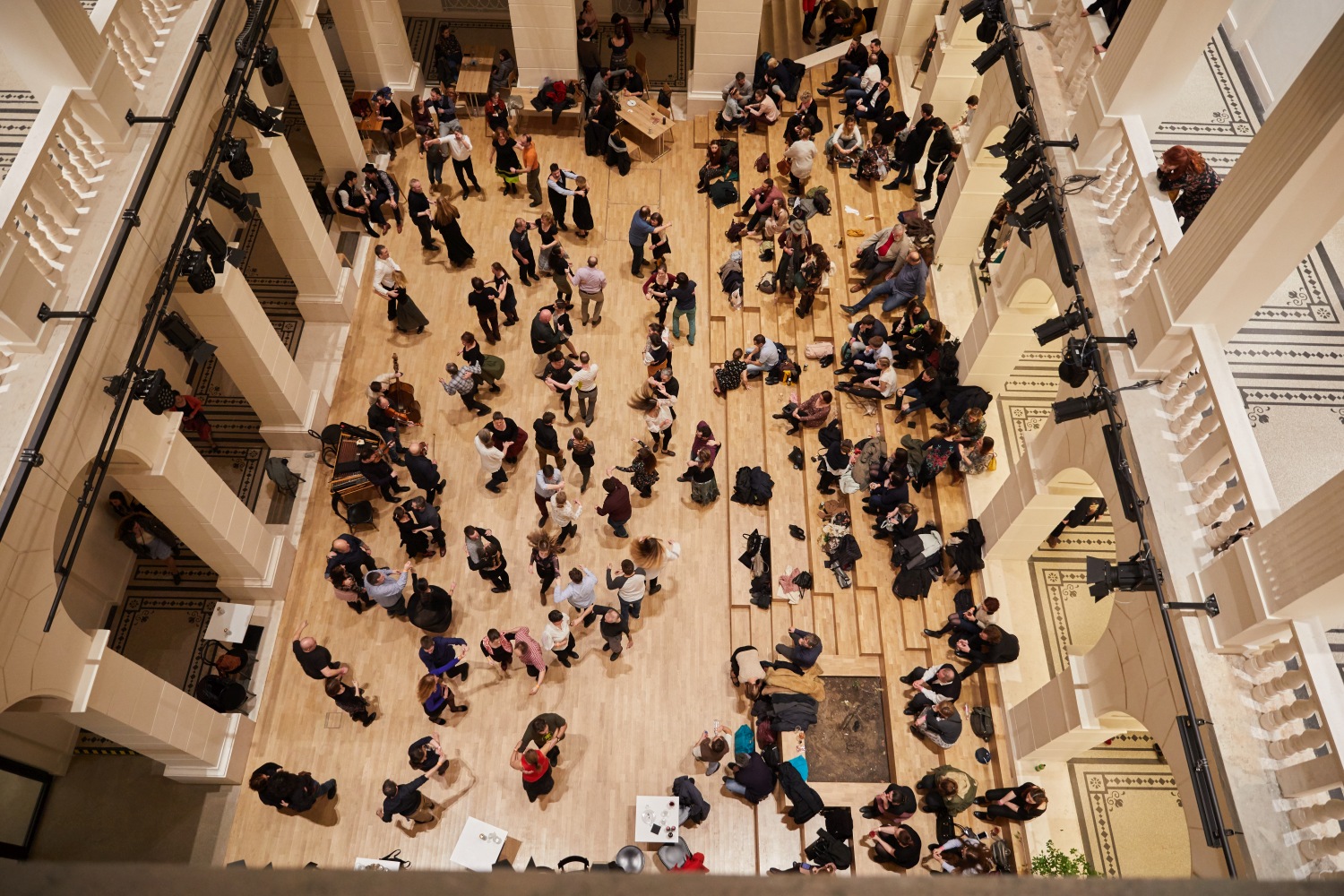The Hungarian dance-house movement started up in Budapest in the 1970s, allowing for a less choreographed folk-dance style. Live music was a prerequisite and soon it became one of the main entertainment options for urban youth. After the fall of the Berlin Wall in 1989, it began to become more mainstream and, at an international level, added to the UNESCO Intangible Heritage List in 2011.
Nothing better illustrates the growing popularity of folk dance in Budapest than the huge success of the two special nights held at major outdoor music venue Budapest Park this summer – with more expected for 2020.
District VII. Kazinczy utca 22
No phone reservations possible
District VI. Csengery utca 65B
District VI. Benczúr utca 27
District XI. Sztregova utca 3
District VII. Dob utca






